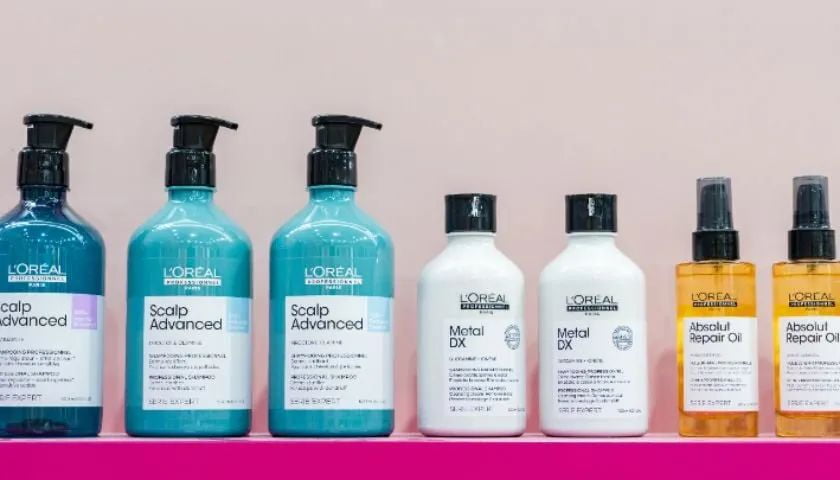In 2020, L'Oréal launched its new sustainability program "L'Oréal for the future". In particular, by 2030, 100% of the plastic used to package L'Oréal products will be recycled or bio-based. In fact, this is the first time that L'Oréal has mentioned the concept of bio-based in its corporate planning.
Since 2023, "biobased" has appeared frequently in L'ORÉAL's foreign investments and partnerships. As announced in March, L'Oréal and biotech company Geno jointly announced that L'Oréal would invest in a Geno-led joint venture through corporate venture fund BOLD as one of the founding members of the joint venture. The founding members of the joint venture also include Unilever and Kao.

L'Oreal has publicly stated that the joint venture will focus on extracting new, sustainable ingredients from living organisms, and that L'Oreal will use these bio-based alternatives to replace traditional ingredients in the future. In turn, these new ingredients will be used in a wide range of L'Oréal products, helping L'Oréal take a big step towards 100% eco-designed formulations and 95% from renewable or abundant sources. On June 28, several media outlets reported that L'Oréal had entered into a strategic partnership with South Korea's second-largest refiner, GS Caltex.
The partnership will see GS Caltex develop and supply bio-based cosmetic ingredients to L'Oréal. It is understood that GS Caltex has already successfully developed a 100% bio-based manufacturing process for the production of all-natural 2,3-butanediol (2,3-BDO) made from non-GMO biomass and microorganisms, which is commonly used in cosmetics as a moisturizer, skin conditioning agent, etc.
Three days later, L'Oréal announced on its website that it has entered into a partnership with Bakar Laboratories at the University of California, Berkeley, to advance the product development and testing of bio-based ingredients for cosmetics. It is reported that the focus of the collaboration is to utilize L'Oréal's microbial science and technology and Bakar Lab's biotechnology expertise to develop the next generation of beauty products.
It is easy to see that "bio-based" has become an important step for L'ORÉAL in realizing the Group's overall sustainable development plan, as well as an important initiative to balance corporate development and reduce carbon emissions. It is foreseeable that more and more products under L'ORÉAL will use bio-based ingredients in the future, thus forming a sustainable, green and low-carbon development path.
According to BIS Research, a leading international market research organization, the global bio-based cosmetics market size will reach USD 7.75 billion by 2030, growing at a CAGR of 5.72% from 2022 to 2030.

